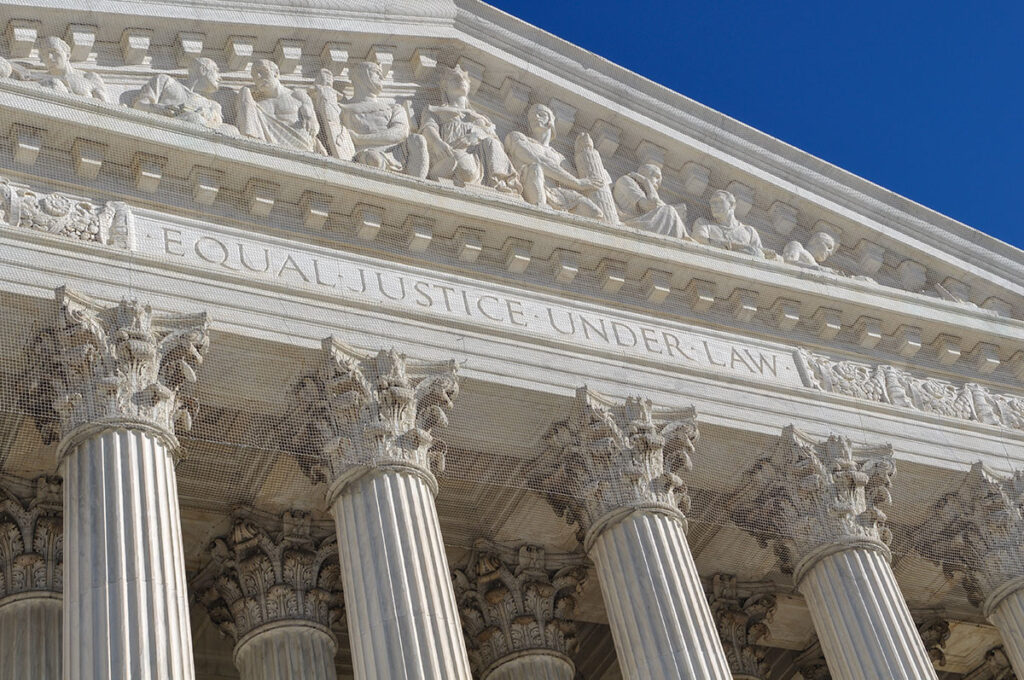U.S. Supreme Court Declines To Rule On Large Fees For Homebuilders

Recently, the United States Supreme Court denied certiorari in 616 Croft Ave., LLC v. City of West Hollywood (2016) 3 Cal.App.5th 621, in which the issue for review was whether the City of West Hollywood’s in-lieu housing fee was an exaction. While the Supreme Court did not rule for or against the homebuilder claiming city fees were invalid, the decision not to hear the case affirms precedent. Just five months earlier, the Supreme Court issued a takings decision, authored by Justice Kennedy, in Murr v. Wisconsin (2017) 137 S. Ct. 1933. This most recent Supreme Court ruling is the latest in a line of cases that deprive property owners of power over their properties. The Court in Murr held the two parcels along the St. Croix River, combined under common ownership in 1995, were required to be evaluated as a single parcel in determining whether the regulations constituted a regulatory taking. Ultimately, the Court found the regulations, which did not allow petitioners to sell one parcel as part of an improvement plan for the lots, did not constitute a compensable regulatory taking.
Declining to hear a case like 616 Croft Ave., for now, continues the trend. The California Appellate Court in 616 Croft Ave. found a half a million dollar in-lieu fee imposed by the City of West Hollywood, to permit the homebuilder to build a condominium, was not an exaction or a taking. The Supreme Court declined to hear a similar case last year. For now, the Court is leaving open to interpretation the constitutionality of large fees upon homebuilders. With rumors of Justice Kennedy retiring soon and New Justices entering the Bench, perhaps a changed Supreme Court may tackle the constitutionality of fees upon homebuilders in coming years.
Ezer Williamson Law provides a wide range of both transactional and litigation services to individuals and businesses. We have successfully prosecuted and defended various types of business and property claims. Contact us at (310) 277-7747 to see how we can help you with your property law concerns.


